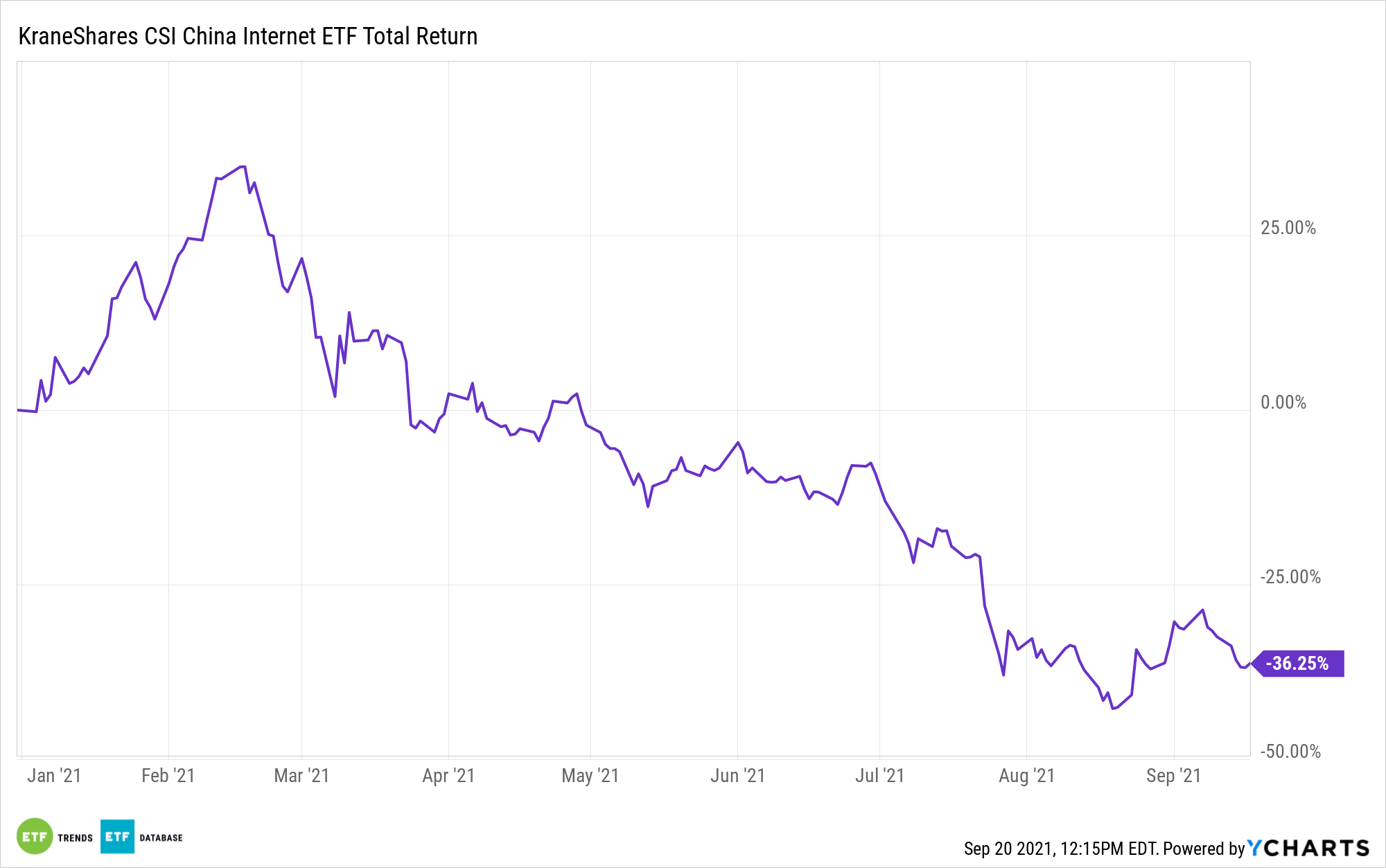China’s two largest internet giants, Tencent and Alibaba, have agreed to allow competitors access to their digital domains after a recent meeting with the Ministry of Industry and Information Technology (MIIT), reports Financial Times.
Historically, online commerce in China has been divided into two large camps with rivals refusing to do business with the other side and refusing access to apps for any competitors. Payment systems for one company couldn’t be used on the others, Alibaba’s internet shopping sites couldn’t be posted in Tencent’s popular messaging app, WeChat, and so on.
Tencent and Alibaba had created what was termed “walled gardens,” with any up-and-coming company having to choose a side, and services were often replicated for each side that only approved companies could access and share.
All of that is changing now with the pressure by the Chinese government to break apart the monopolistic hold on the internet sector. Recently, the two tech giants pledged to open up their apps after a meeting with MIIT as the major tech giants work to be compliant with regulations.
“The companies won’t drag their feet implementing the new rules. The compliance process will be quick,” said Li Chengdong, founder of Dolphin, a technology-focused think-tank in Beijing. “The platforms are very cautious given the strict regulatory climate. They don’t have any means to fight against the regulators.”
It’s a move that analysts had been anticipating, and it reflects a changing online environment that encourages competition. Analysts don’t anticipate much change on the end of consumers, as many will still continue to shop with the companies that they are accustomed to.
KWEB Offers Value Pricing to Growing Internet Industry
The KraneShares CSI China Internet ETF (KWEB) is one to watch as the Chinese tech sector — particularly the internet industry — works to meet regulations and recover from its recent setbacks. Moves by internet giants Alibaba and Tencent reflect an industry that is conforming to regulations and still continuing to perform.
KWEB saw $880 million in net inflows two weeks ago as investors continued to buy the dip and look long term.
KWEB tracks the CSI Overseas China Internet Index and measures the performance of publicly traded companies outside of mainland China that operate within China’s internet and internet-related sectors.
This includes companies that develop and market internet software and services, provide retail or commercial services via the internet, develop and market mobile software, and manufacture entertainment and educational software for home use.
KWEB provides exposure to the Chinese internet equivalents of Google, Facebook, Amazon, eBay, and the like, all companies that benefit from a growing user base within China, as well as a growing middle class.
Its top holdings include Tencent at 10.65%, Alibaba (BABA) at 8.94%, and JD.com at 8.39%.
The ETF has an annual expense ratio of 0.73%.

For more news, information, and strategy, visit the China Insights Channel.

